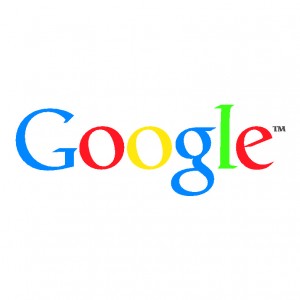 Looks like Google is leaving no stone unturned in order to ensure users’ online safety and security while using a plethora of its services. In its latest effort to outsmart nefarious developers, Google has issued a set of revised guidelines for Google Play apps. The search engine giant is looking to clamp down on apps with pop-up ads that spoof a system, service or app notification, tricking users into clicking where they shouldn’t.
Looks like Google is leaving no stone unturned in order to ensure users’ online safety and security while using a plethora of its services. In its latest effort to outsmart nefarious developers, Google has issued a set of revised guidelines for Google Play apps. The search engine giant is looking to clamp down on apps with pop-up ads that spoof a system, service or app notification, tricking users into clicking where they shouldn’t.
Google is also serious about curbing the growing proportion or install tactics that lead to downloads or Play store redirects without the knowledge of the user. It’s also looking to crack down on apps that send unsolicited ads and those that use erotic content to promote pornography. Developers that fall under any of the mentioned categories will be given a grace period of 15 days to mend their act or face a ban. In view of Edward Snowden’s shocking revelations disclosing classified documents regarding global surveillance by the US National Security Agency, global search giant Google has made users’ privacy a tops in its global agenda. Google has taken a few crucial steps to make its popular Gmail service snoop-proof, much to the relief of countless users around the world.
While it did not point a straight finger at the NSA, it did say that internet privacy is a growing necessity in times like these, especially after Snowden’s shocking disclosure. As a measure to make Gmail more safe and secure for users, Google has brought about two key changes in how the service functions.
To begin with, Gmail will now always use encrypted HTTPS connection, a step that will cease possible eavesdropping while using the service. No matter what device you’re on (PC, smartphone, tablet etc) or what network you’re using to access the internet (private or public), all data exchange between you and the Gmail servers will be cent per cent safe from prying eyes at all times. Secondly, Google will encrypt each and every message that you send/recieve to ensure that your messages are safe while moving between you, the Gmail servers and between Google’s massive data centers. Thanks to this, government authorities (read, NSA) will not be able to spy on you via surveillance programmes like PRISM.

